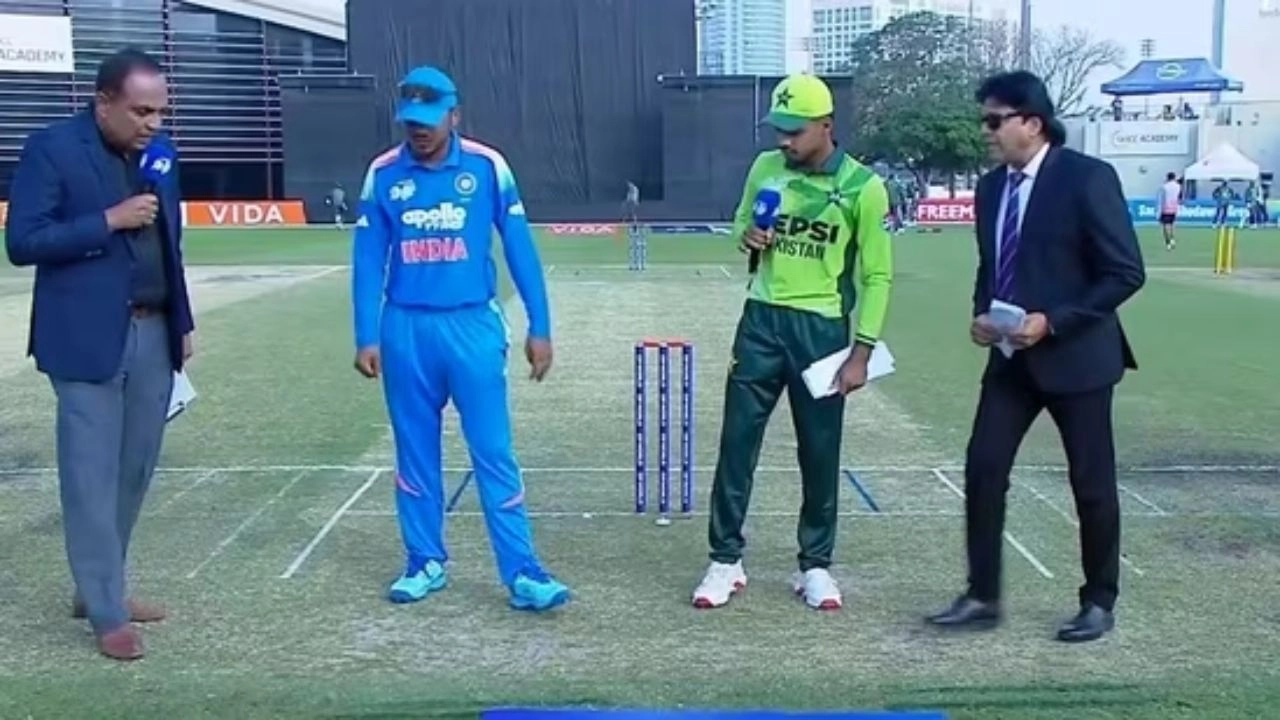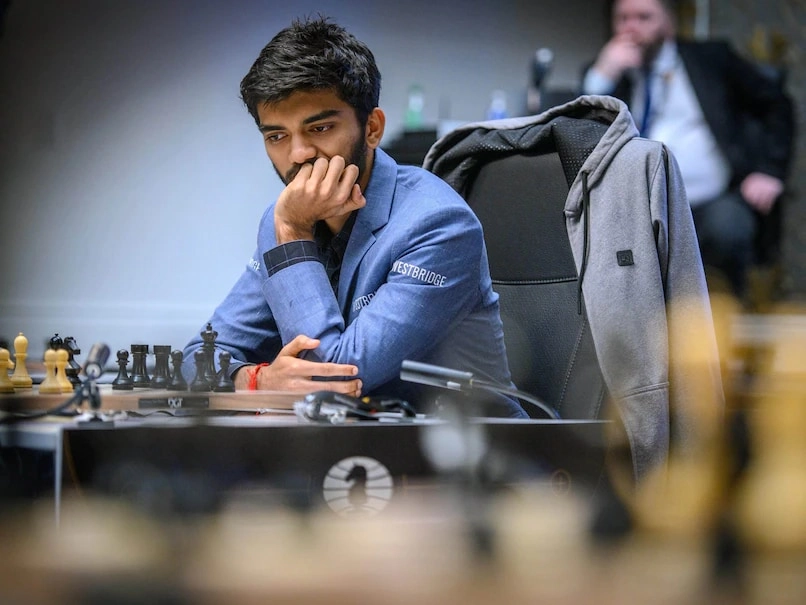In a troubling turn of events, the captain of the Bangladesh women’s cricket team has come forward with serious allegations of sexual harassment, coinciding with the ongoing World Cup tournament. This revelation comes just days after the team faced internal strife, where accusations of infighting and discord among players surfaced. The timing of these accusations raises concerns not only about the team’s morale but also about the broader atmosphere within women’s sports, where such issues have often been swept under the rug.
The captain’s allegations shed light on the pervasive nature of harassment that female athletes can face, even amidst the high-pressure environment of a World Cup. This situation is particularly alarming as it follows a period of public scrutiny regarding the team dynamics, signaling that the challenges they face extend beyond the pitch. The infighting accusations hinted at deeper issues within the team, and the captain’s claims of harassment now add a significant layer of complexity to an already volatile situation.
This incident highlights the necessity for robust support systems and protective measures for female athletes. As they strive to excel in their sport, it is imperative that they do so in an environment free from harassment and intimidation. National and international cricket boards must take these allegations seriously and implement comprehensive policies to address such misconduct. The hope is that bringing these issues to light will foster a culture of accountability and respect within the sport, encouraging more athletes to speak out against any form of abuse they may encounter.
The Bangladesh women’s cricket team has shown remarkable resilience in the face of adversity, but these recent developments could have lasting repercussions on their performance and cohesion. As they navigate the complexities of competing at the World Cup level, it is crucial for their governing bodies to provide the necessary support, ensuring that the athletes can focus on their game without the distractions of harassment or internal conflict. The situation serves as a stark reminder of the ongoing struggles women face in sports and the need for continued advocacy and reform to create a safer and more equitable playing field.




